The Ignoble Death
I remember the phone call like it was yesterday; arrows that pierce the heart tend to embed themselves in memory. I was still smack in the middle of my own storm when a well-meaning friend called to tell me about the loss of yet another young life.
She tearfully choked out how this death was horrific, unbearable, and a true tragedy on so many levels. “How must his family be coping under such extreme loss?” she exclaimed. You see, this young man died in the line of duty. He was a hero with a brilliant future ahead of him.
My heart sank deeper with each lamenting word about his ‘good life,’ ‘his accomplishments,’ ‘his many accolades,’ and ‘oh, how much his mother had lost in his death.’
She must have forgotten that I, too, was a mom who had suffered a loss just a few months earlier. It was my oldest son. But his death was one of the 'ignoble' ones—the kind that doesn't come with public praise or accolades. These are the deaths that result from drugs, alcohol, suicide, or other consequences of unhealthy choices—lives whose inherent worth, especially in death, is often devalued and overshadowed by their struggles and ultimate demise.
These losses are different. They come with public scrutiny, judgment, and an added weight of guilt in an already traumatic situation. There is no legacy of praise or honor for a ‘wonderful life’ lived. Instead, the passing of this person is often seen as an act of failure—a self-inflicted collapse unworthy of attention, except as fodder for gossip or pity from those who feel sorry for you.
But that is the world’s view—not God’s! In the midst of my own soul conflict, I centered my thoughts on Jesus. He is the only One who sees all mankind as valuable, regardless of who we are, or what credentials, status, or achievements we wear. So much so, that while we were still sinning against Him, He sacrificed His own life for us. He is the One who graciously claims all who accept His free gift of life and sees them as royalty—chosen ones—flaws and all.
My son struggled much of his life, but he also loved God. His missteps often led to a fresh revelation of the character, goodness, mercy, and unfailing love of God—gifts far more valuable than any earthly treasure.
I imagine Jesus was waiting at the pearly gates, arms wide open, as He saw one of His children coming home. He didn’t evaluate his life—or his death—on the basis of works. He simply saw his redeemed heart and welcomed him home.
And in His eyes, all broken hearts weigh equally. Thankfully, He is the restorer of all things broken.


